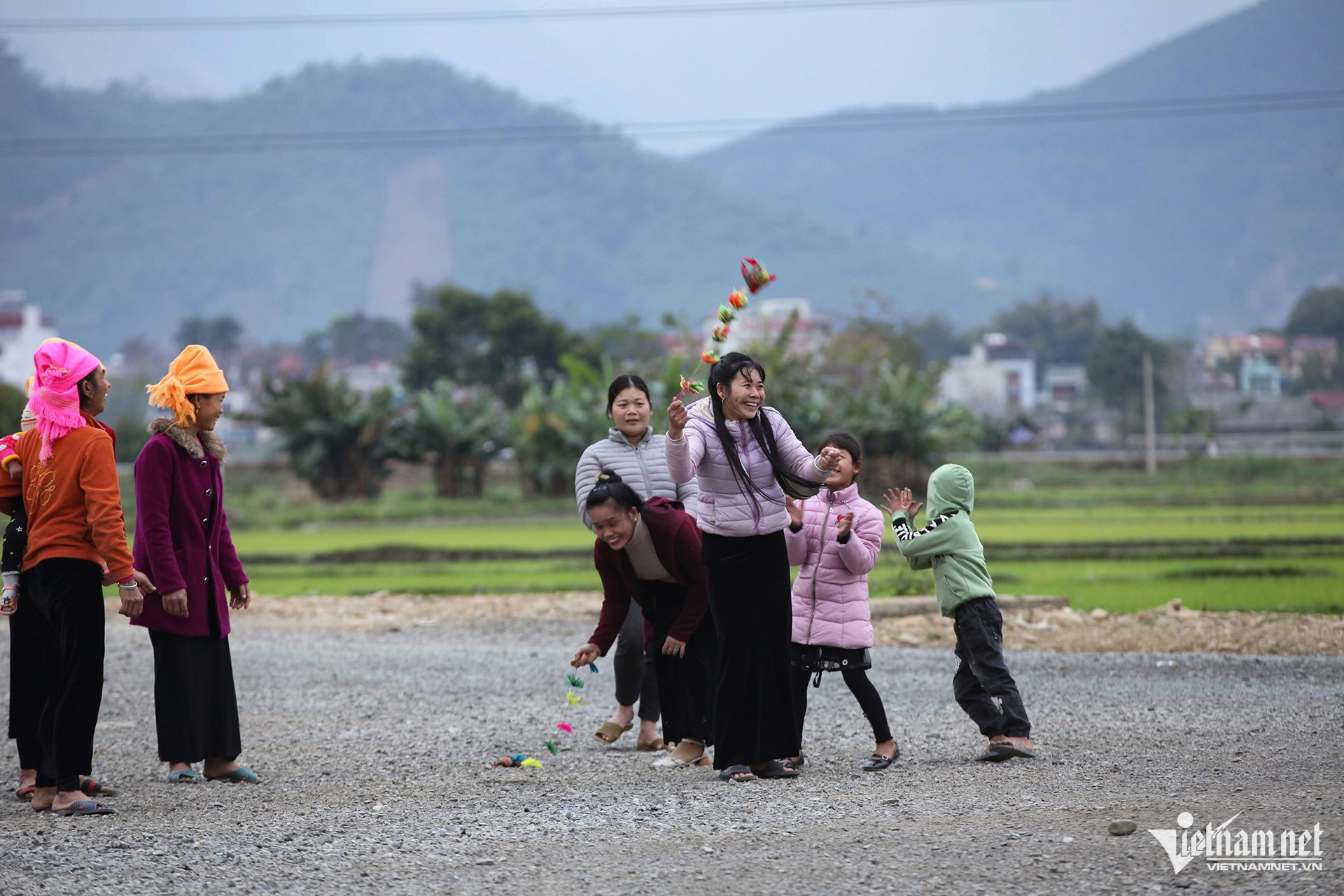Ethnic issues never exist in isolation; they are closely linked to religion, culture, history, geopolitics, and human rights.

In Vietnam, ethnic minorities make up 14.3% of the population but are spread across over 70% of the national territory. According to the 2022 UNDP Report, nearly 55% of all poor households in the country belong to ethnic minorities. This stark imbalance highlights the urgent need to restructure the theoretical and practical approach to ethnic policy.
Vietnam's ethnic policies have long been a concern for the Party and the State. Since independence, Vietnam has pursued a vision of unity in diversity, with a multi-ethnic national identity. The current classification of 54 ethnic groups was established in 1979 based on interdisciplinary research. However, this system has revealed several shortcomings: it lacks consistent theoretical foundations and does not reflect evolving social dynamics and community perceptions.
Redefining ethnic classification in the current context
The traditional method of using three criteria = language, culture, and ethnic self-awareness = is increasingly ineffective amid societal diversification, population mixing, and emerging "multi-ethnic" identities. Language, once a key identifier, is now eroded by assimilation and cultural shifts.
Dr. Nguyen Cong Thao (2021) argues that these core criteria no longer provide scientific clarity, resulting in ambiguous classifications. For instance, groups like the Pa Ko, O Du, and Pu Peo have been alternately classified as distinct or merged ethnicities depending on the era.
Internationally, many countries have shifted from ethnonym-based models to approaches focused on underdeveloped areas or human development indices.
Canada and Australia are prime examples. While they acknowledge indigenous rights in cultural and historical terms, their socioeconomic policies are based on public service access and household income. India has over 700 officially recognized “Scheduled Tribes,” classified through periodic community consultations and academic review.
Practical challenges and managing the current ethnic list
Using the ethnic list as the primary policy basis has led to policy distortions, encouraging manipulation of classifications to gain aid. This fosters perceptions of reverse discrimination among groups in shared areas who do not qualify for ethnic-targeted support. It also obstructs regional policy implementation, as some deprived areas fall outside “ethnic priority” status.
As of 2020, 22 provinces submitted proposals to adjust classifications or ethnic names involving 18 local groups and 11 official ethnicities. Some legitimate ethnic groups remain unrecognized, while others on the list fail to meet basic classification criteria. This underscores the need for a transparent, scientifically grounded process to periodically update Vietnam’s ethnic classification.
Feasibility and principles for constructing a new ethnic classification
Revising the ethnic classification is both feasible and necessary under current legal frameworks:
According to Article 24 of the 2015 Statistics Law, the Government holds authority to promulgate the national ethnic classification. Decree 13/2017 allows the Committee for Ethnic Minority Affairs to propose revisions.
Under the 2013 Constitution, and the newly revised 2025 Constitution, ethnic self-identification is a constitutional right. If the classification list is not directly tied to ethnic policies, National Assembly approval is not required.
However, the new classification must follow core principles: avoid major political-administrative disruptions; employ interdisciplinary scientific verification (ethnology, sociology, linguistics, anthropology); involve community consultation; and ensure voluntary participation, free from material incentives.
Toward a new vision for ethnic policy
Poverty is not an ethnic trait. Population size does not determine a group's developmental capacity. Thus, ethnic classification should serve cultural recognition, while socioeconomic policies should target underdeveloped regions based on real needs and development indicators.
While Vietnam’s National Target Program on socio-economic development in ethnic minority and mountainous areas still lacks a fully updated theoretical basis, it marks a pivotal shift = focusing on regions rather than ethnic labels.
Cultural policies should rely on ethnic classification to preserve distinct values (language, rituals, indigenous knowledge).
Socioeconomic development policies must target areas of residence and development indices, not ethnicity.
Relying on an outdated ethnic classification risks cascading policy errors. When the foundation for classification lacks scientific validity, the entire policy system = resource allocation, program evaluation = becomes vulnerable to inaccuracy.
Continued use of an outdated list by state institutions is a serious policy risk. To ensure fairness, equal opportunity, and unity, two tasks must be pursued in tandem:
First, a scientifically updated ethnic classification based on community consultation must be developed. This list should support both cultural identity and policy legitimacy.
Second, a restructured ethnic policy approach is needed, distinguishing cultural functions from developmental functions. Without both, reforms will either lack practical grounding or remain symbolically unchanged.
These tasks are interdependent and must be implemented simultaneously to ensure policy effectiveness, sustainable development, and ethnic unity.
The current classification has fulfilled its historical role, but in today’s context of integration, urbanization, and evolving community identities, it must be reviewed and standardized. Meanwhile, ethnic policy must transition from identity-based support to needs-based regional development = marking a shift from "identity management" to "development governance," aligning with global trends and Vietnam’s socialist rule-of-law aspirations.
Assoc. Prof. Dr. Be Trung Anh
(National Assembly Deputy)